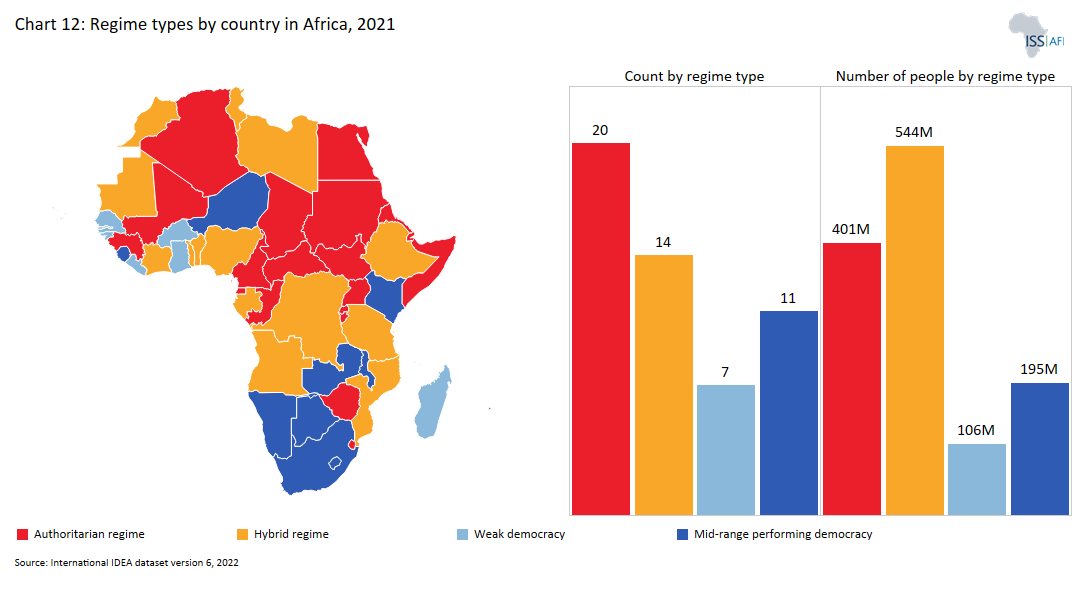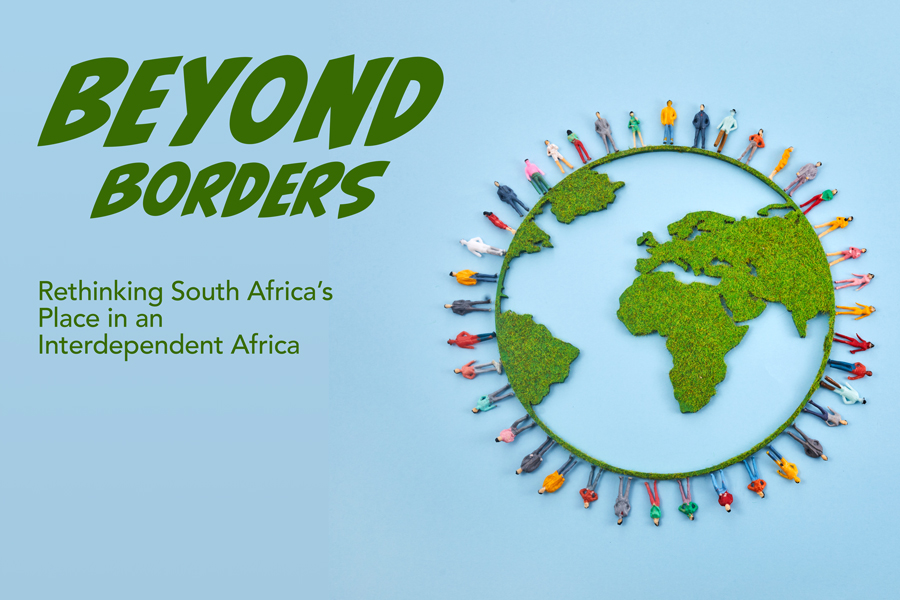Beyond Borders: Rethinking South Africa’s Place in an Interdependent Africa
South Africa often frames its national interest as a domestic agenda, focused on borders, trade, and internal development.
But in a world of rising instability, climate displacement, and digital interconnection, this inward-looking approach is no longer viable.
As the Inclusive Society Institute rightly notes, “context matters to national interests,” and this context is regional, generational, and interdependent.
South Africa’s future is not isolated. It is continental.
Rising Instability and the Regional Reality
According to the United Nations High Commissioner for Refugees (UNHCR), more than 13 million people have been displaced by conflict in Sudan alone, with many crossing into neighbouring countries including South Sudan, Chad, and Egypt.
The International Organization for Migration (IOM) has confirmed that climate shocks are amplifying displacement across Africa, adding new urgency to regional cooperation on climate, energy, and infrastructure resilience. In this context, South Africa’s national interest must evolve. Security, prosperity, and stability in the region are not external, they are extensions of our domestic priorities.
The International Organization for Migration (IOM) has confirmed that climate shocks are amplifying displacement across Africa, adding new urgency to regional cooperation on climate, energy, and infrastructure resilience. In this context, South Africa’s national interest must evolve. Security, prosperity, and stability in the region are not external, they are extensions of our domestic priorities.
The Growing Role of Civil Society and People-Led Integration
The Institute for Security Studies (ISS) notes that South African civil society is increasingly recognised as a contributor to foreign policy formation, particularly in peacebuilding, trade policy, and human rights dialogues.
Additionally, the African Union’s Economic, Social and Cultural Council (ECOSOCC) was created to formalise citizen and civil society input in continental governance, although practical implementation remains inconsistent. Meanwhile, across informal economies and digital platforms, African youth, migrant workers, creatives, and traders are driving regional integration from below. While often invisible in policy circles, these networks are essential to the continent’s social and economic cohesion.
Public Attitudes vs. Official Policy
Recent findings from Afrobarometer (2025) reveal a disconnect between public preferences and government policy. The report highlights that many African citizens, including South Africans, express support for freer movement of people and goods across borders, while national policies often emphasise restrictions and enforcement.
This divergence suggests that the national interest is being interpreted narrowly, without sufficient grounding in the views and values of the population it claims to represent.

Rethinking National Interest in an African Context
Rather than viewing Africa as a backdrop to South Africa’s story, we should see it as the fabric of our reality. In a regionalised future, national interest must be reframed to include:
From Vision to Action
As ISS and other experts have argued, regional integration efforts must go beyond official diplomacy. South Africa’s continental engagement should include:
- Community-to-community collaboration frameworks
- Youth exchanges and joint innovation hubs
- Civil society–led regional forums
- Citizen feedback mechanisms for foreign policy processes
These initiatives would help align what the public values with how South Africa operates internationally.
- Community-to-community collaboration frameworks
- Youth exchanges and joint innovation hubs
- Civil society–led regional forums
- Citizen feedback mechanisms for foreign policy processes
These initiatives would help align what the public values with how South Africa operates internationally.
Final Word: Interdependence is Strategy, Not Sentiment
The world is shifting. So must our definitions of interest.
As the Inclusive Society Institute observes, “it is unwise to pursue a steadfast approach in a changing global arrangement.” South Africa must treat its relationship with Africa not as charity or obligation, but as a strategy for survival and shared progress.
The real question is no longer: What do we owe Africa?
It’s: What can we build with Africa, together, and for the long term?
As the Inclusive Society Institute observes, “it is unwise to pursue a steadfast approach in a changing global arrangement.” South Africa must treat its relationship with Africa not as charity or obligation, but as a strategy for survival and shared progress.
The real question is no longer: What do we owe Africa?
It’s: What can we build with Africa, together, and for the long term?
Sources
- UNHCR (2024): Sudan Crisis - https://www.unrefugees.org/news/sudan-crisis-explained
- IOM (2024): Climate and Displacement - https://www.iom.int/news/conflict-drives-displacement-amidst-rising-climate-shocks-new-africa-migration-report
- ISS (2023): Civil Society in Foreign Policy - https://issafrica.org/impact/spotlight-giving-civil-society-a-voice-on-south-africas-foreign-policy
- Afrobarometer (2025): Public Attitudes Toward Regional Integration - https://www.afrobarometer.org/wp-content/uploads/2025/04/WP209-Foreign-policy-congruence-in-Africa-Afrobarometer-3april25-1.pdf
- Inclusive Society Institute (2024): South Africa’s National Interest: People-Centred and Pragmatic
- UNHCR (2024): Sudan Crisis - https://www.unrefugees.org/news/sudan-crisis-explained
- IOM (2024): Climate and Displacement - https://www.iom.int/news/conflict-drives-displacement-amidst-rising-climate-shocks-new-africa-migration-report
- ISS (2023): Civil Society in Foreign Policy - https://issafrica.org/impact/spotlight-giving-civil-society-a-voice-on-south-africas-foreign-policy
- Afrobarometer (2025): Public Attitudes Toward Regional Integration - https://www.afrobarometer.org/wp-content/uploads/2025/04/WP209-Foreign-policy-congruence-in-Africa-Afrobarometer-3april25-1.pdf
- Inclusive Society Institute (2024): South Africa’s National Interest: People-Centred and Pragmatic

